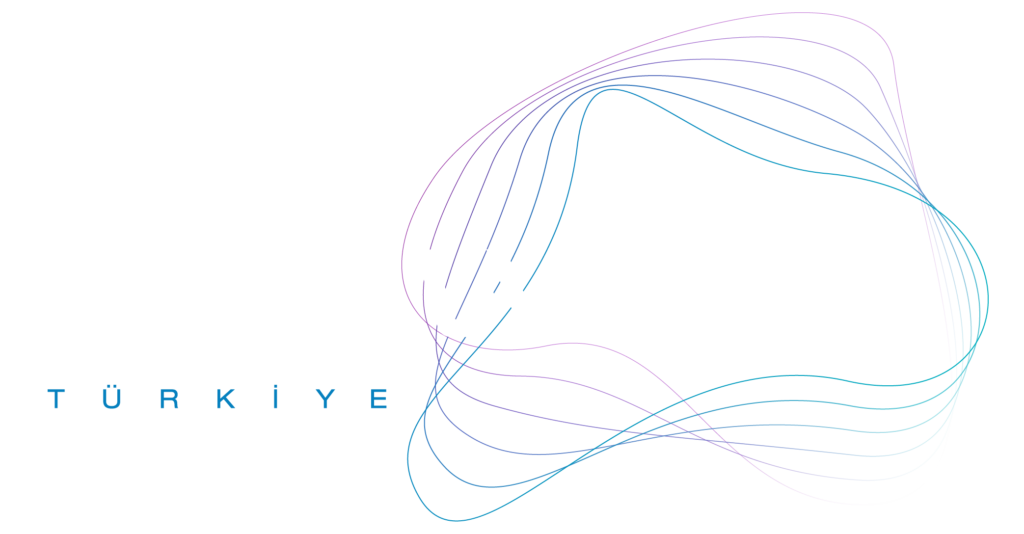Beta-glucans, naturally occurring polysaccharides found in various natural sources, including mushrooms, oats, and yeast, have garnered considerable attention for their potential immune-boosting properties. Studies like de Marco Castro et al. (2021) provide a comprehensive overview of the state-of-the-art understanding of beta-glucans and their interaction with the immune system. These authors highlight the ability of beta-glucans to modulate immune responses, pointing towards their potential as therapeutic agents in various immune-related conditions.
Another important study by Jin et al. (2018) reviews the structural aspects of beta-glucans and their immunomodulatory properties. This research underscores the critical role of beta-glucans in enhancing innate immune responses, which are the body’s first line of defence against pathogens. Additionally, research by Stier et al. (2014) demonstrates the effects of orally administered beta-glucan on innate immune responses in humans, further emphasizing the potential of beta-glucans as immune modulators.
A study conducted by Akramienė et al. (2007) delves into the mechanisms through which beta-glucans affect the immune system. This research is crucial in understanding how beta-glucans can be effectively utilized to support immune health. The study by Song et al. (2020) also adds to the growing body of evidence, showing the enhancement of adaptive immune responses in aged mice through dietary intake of beta-glucans.
Scientific sources provide different current evidence that beta-glucan can support the immune system. As research continues to evolve, beta-glucans hold promise for their use in enhancing immune responses and potentially aiding in the management of immune-related diseases.
References
de Marco Castro, E., Calder, P. C., Roche, H. M., & Calder, P. C. (2021). β-1,3/1,6-Glucans and Immunity: State of the Art and Future Directions. Molecular Nutrition & Food Research.
https://doi.org/10.1002/mnfr.201901071
Jin, Y., Li, P., & Wang, F. (2018). β-glucans as potential immunoadjuvants: A review on the adjuvanticity, structure-activity relationship and receptor recognition properties. Vaccine.
https://doi.org/10.1016/j.vaccine.2018.07.038
Stier, H., Ebbeskotte, V., & Gruenwald, J. (2014). Immune-modulatory effects of dietary Yeast Beta-1,3/1,6-D-glucan. Nutrition Journal.
https://doi.org/10.1186/1475-2891-13-38
Akramienė, D., Kondrotas, A. J., Didžiapetrienė, J., & Kėvelaitis, E. (2007). Effects of beta-glucans on the immune system. Medicina-Lithuania.
https://doi.org/10.3390/medicina43080076
Song, L., Yuan, J., Ni, S., Zhou, Y., Wang, X., Chen, Y., & Zhang, S. (2020). Enhancement of adaptive immune responses of aged mice by dietary intake of β-glucans, with special emphasis on anti-aging activity. Molecular Immunology.
https://doi.org/10.1016/j.molimm.2019.10.019

